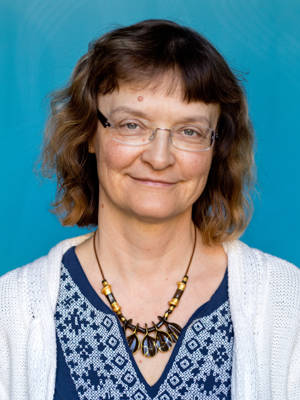Since the 1990s, the international community has invested heavily in disarmament programs which are seen as an integral part of interventions aimed at building peace in post-accord countries. In reality, however, scholars and policymakers know little about how the various disarmament programs differ from one another in their design and impact.
DISARM will fill these gaps by analyzing the conditions under which disarmament can prevent conflict recurrence in post-accord countries. We apply a strong gender focus throughout the project. We use a mixed-method research design that combines large, medium, and small-N research.
In the large-N component, we collected data on disarmament provisions in all intra-state peace agreements between 1975 and 2021. The DDR in Peace Agreements dataset has been published by the Journal of Peace Research in 2025. You can read the open-access article here. We also developed an interactive website to showcase the results. To access the website, visit this link.
Based on the results of the large-N component, we select and qualitatively compare 25 cases of disarmament focusing on the negotiation as well as implementation phases of disarmament, and the gendered dimensions of these processes.
To examine how disarmament can contribute to peacebuilding even though it rarely results in the complete collection of weapons, we published an open-access article in Security Dialogue on the symbolic role of disarmament, focusing on the case of Colombia and FARC-EP's disarmament. You can read the open-access article here.
To identify causal pathways through which disarmament can impact conflict recurrence, we also conducted four in-depth qualitative case studies on disarmament in Namibia, Mozambique, Indonesia, and the Philippines.
Taken together, the findings will allow DISARM to develop a novel set of propositions on disarmament that integrates a gender lens.
DISARM constitutes the first systematic global study of post-accord disarmament across space and time, enabling us to identify conditions under which disarmament was and was not able to prevent conflict recurrence and thus to break new ground in studying the micro-foundations of peace. The project will provide critical input to stakeholders in disarmament by providing empirically sound and gender-sensitive policy recommendations on disarmament design.













